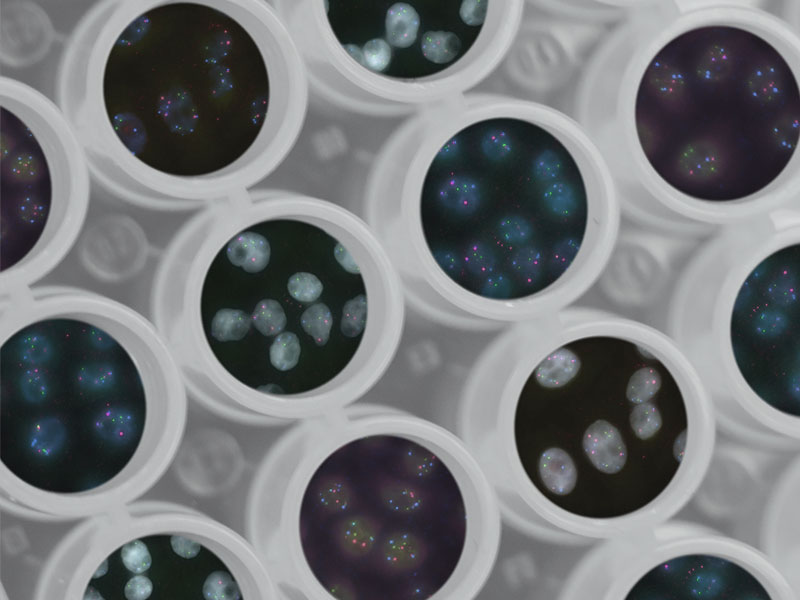Screening for Genetic Conditions
You have the option of being screened to determine if you are a carrier for certain genetic conditions that can be passed on to your children (“carrier screening”). It is preferable if this testing is performed before pregnancy, but it can also be undertaken in early pregnancy if desired. A number of tests is available, ranging from those that cover a limited number of more common conditions (which are still rare overall), to very extensive panels that include a large number of very rare diseases. We are happy to discuss which of these options would be best for you during a pre-pregnancy consultation.
Screening for chromosomal problems such as Down syndrome in a developing pregnancy is best performed with a blood test at around 10 weeks’ gestation (often called ‘NIPS’: Non-Invasive Prenatal Screening). When you are pregnant, some of the DNA from your placenta enters your blood stream. This is called ‘cell free DNA’, and allows a direct assessment of the pregnancy’s chromosomes.


The traditional test for chromosomal problems is a ‘combined’ test that incorporates the level of two proteins in maternal blood at around 10-11 weeks, and a scan of the baby at around 12-13 weeks (the ‘nuchal translucency’ scan). This test does not work quite as well as the cell-free DNA test described above, but will still identify the vast majority of pregnancies with common chromosomal problems.
You do not have to have any of these tests: it is important to consider what you would do in the context of a positive (‘high risk’) result. We are happy to talk through this with you at an appointment. It is also important to remember that these are all only screening tests, i.e. they will give you an estimate of your risk for certain problems, rather than diagnosing or excluding them definitively. A definitive diagnosis can only be achieved with invasive testing (by chorionic villus sampling or amniocentesis): this may be preferable to screening for some women. The NIPS test is, however, a very good screening test, with very high accuracy at determining the chromosome count of the fetus.